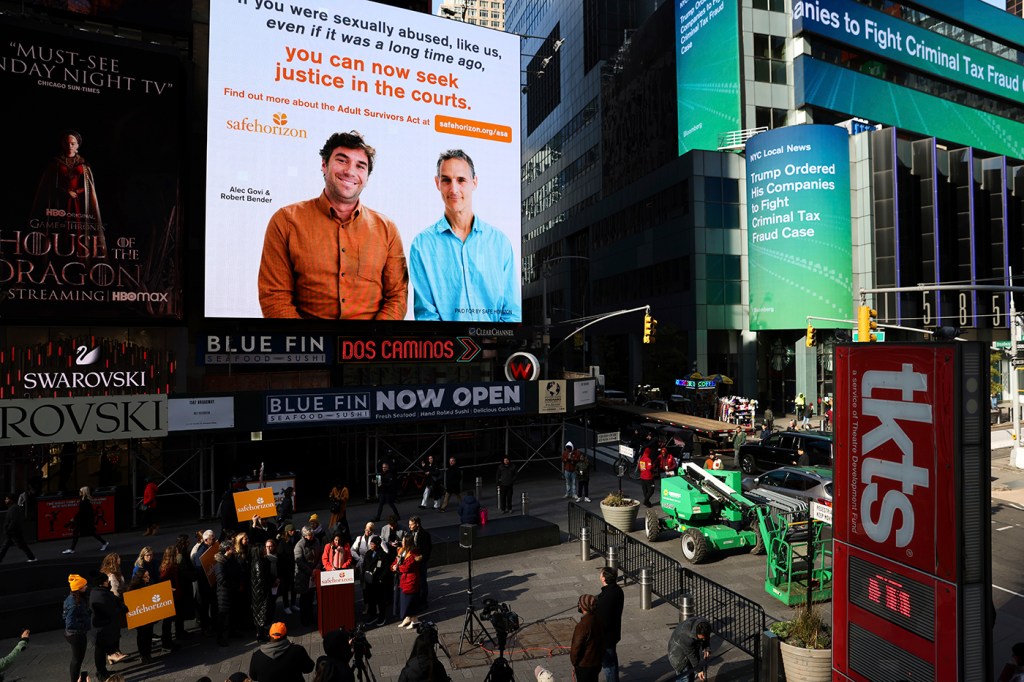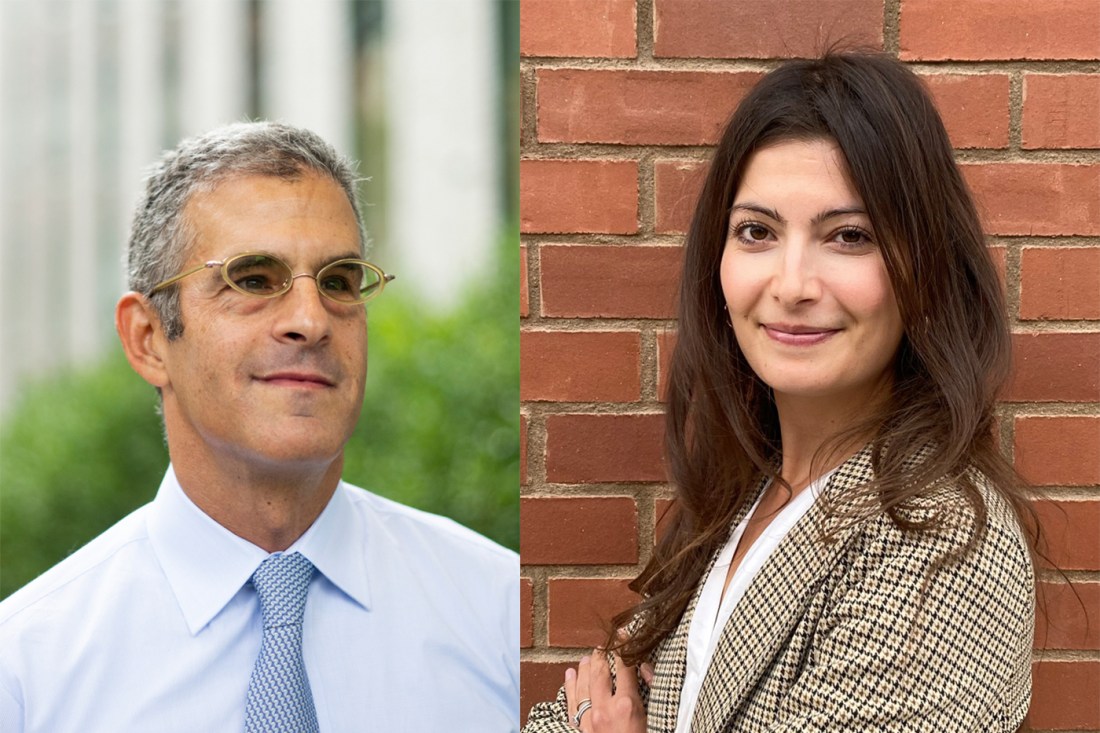New York waived the statute of limitations for civil sex abuse suits for a year. Should other states follow suit?

Last year, Gov. Kathy Hochul of New York signed the Adults Survivors Act. This legislation allowed a temporary one-year look-back window in which adult survivors of sexual assault could file lawsuits against their assailants, regardless of when the assault occurred.
While the act was in place between Nov. 24, 2022, and Nov. 24, 2023, over 3,000 lawsuits were filed, according to the New York Times. Politicians, including New York City Mayor Eric Adams, and celebrities like Sean “Diddy” Combs had suits filed against them, as did institutions like Columbia University hospitals and Rikers Island, where plaintiffs said they suffered sexual abuse at the hands of staff.
Before this, adult survivors had 20 years to file civil cases against their perpetrators, but only if the assault occurred after 2019, which is when New York extended its statute of limitations for cases. Survivors assaulted before 2019 only had a year to file a suit.

Many states have more flexible statutes of limitations for survivors of childhood sexual abuse, but Daniel Medwed, university distinguished professor of law at Northeastern, says this is the only time he knows of that such a waiver was made for adult survivors.
“I’m really a fan of expanding or even waiving the statute of limitations, especially in the sex abuse context,” he says. “One thing we have learned in the last decade (with the #MeToo movement) is that survivors of sexual violence and harassment are underserved by our legal system. One way in which the legal system suppresses survivors of sexual violence is through statutes of limitations, because of the trauma response. … What we now understand is that delayed reporting is common because of the trauma that survivors experience. There was this idea that people who’ve been victims will come forward quickly and if they don’t, it’s because they’re fabricating it. We now know that really isn’t true.”
Survivors of sexual violence often need more time to find the courage to come forward due to the shame many feel about being assaulted and the risk that comes with speaking out, says Hayat Bearat, a visiting associate clinical professor and interim director of the Domestic Violence Institute at Northeastern University Law School.
“When we’re talking about sexual violence, there’s stigma that’s tied to it,” Bearat says. “There’s so many layers involved.”
Bearat, who previously represented survivors of domestic violence in family and supreme court cases, says someone who’s been assaulted might not feel comfortable talking about it or recognize right away that what happened was assault. They also may not know they have the right to take action against their assailant.
This can sometimes happen with immigrants coming from countries where there aren’t laws protecting people from sexual violence or with younger survivors, Bearat adds.
“I’ve had survivors come to me 20 years later saying, ‘I’ve been raped every single week in my marriage for the past 20-plus years.’ It just takes something to happen where they finally realize this,” Bearat says. “(This act) is a great thing because as we know with survivors, the timeline of when they may decide to report or feel comfortable even talking about what they’ve experienced varies.”
While Medwed and Bearat praise the Adult Survivors Act, they both acknowledge waiving statutes of limitation can come with pitfalls. Medwed says the volume of cases seen in New York can overburden courts. In addition, there are concerns about false reporting.
“Contrary to popular opinion, people don’t level false claims of sex offenses readily because of the shame and stigma associated with it and the difficulty of succeeding in these cases,” Medwed says. “There is this myth, which is very gender-based and misogynistic, of women falsifying these claims. What I’m worried about is maybe there will be a handful of frivolous suits or a handful of false claims in this batch of 3,000. What signal will that send?”
However, Medwed adds that people can be sanctioned for false suits, lowering the likelihood both plaintiffs and attorneys would move forward with weak claims.
Even more pressing is the question about whether eliminating the statute of limitation—as was done in the Adult Survivors Act—will help all survivors. The Adult Survivors Act only applies to civil cases. Unlike in a criminal case where the court presses charges, the plaintiff is the one who has to hire an attorney and go to court, Bearat says, putting the burden on the survivor.
Attorneys are also sometimes paid based on damages won in civil cases, Medwed adds, so lawyers are more hesitant to take cases where the defendant doesn’t have the funds to pay out a suit.
“These types of cases disfavor marginalized people from underrepresented communities whose perpetrators may not have been people with means or institutional actors like Rikers or doctors,” Medwed says. “There’s an argument that this is only half a loaf in terms of a remedy because, A, it’s civil and, B, only some survivors practically are going to be able to utilize it.”
But at the end of the day, Medwed says waiving the statute of limitations is a good thing and something other states might consider given how these limits can hurt survivors.
“Someone knocks you over and steals your wallet, there’s no shame in reporting that and there’s usually not a delay,” he says. “But if someone were to commit a sexual assault in the process, that trauma response, that stress response, that sense of shame, that paralysis that we now understand is a form of PTSD, could delay you in coming forward, not you, but a person. And so I think other states should consider this and also consider it in the context of criminal cases as well.”
Erin Kayata is a Northeastern Global News reporter. Email her at e.kayata@northeastern.edu. Follow her on X/Twitter @erin_kayata.






